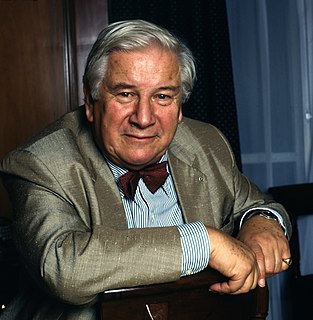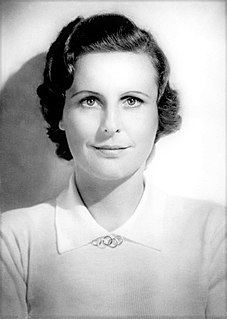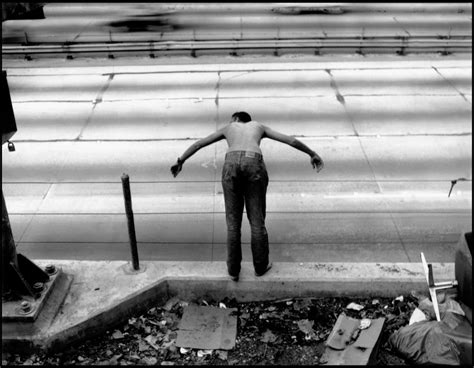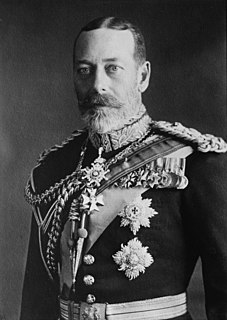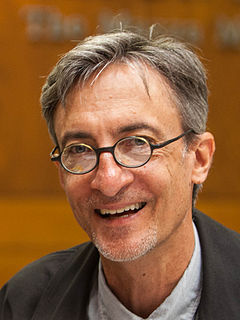A Quote by Norman Mailer
I did like Robert Vavra's book not only for its so very good photographs but for the text as well. He's no ordinary fellow, obviously.
Related Quotes
Robert DeNiro, who may be the greatest living actor, usually acts in a way which is very stone-faced, like Steve McQueen. For example, Steve McQueen, if you cut the sound, you don't know what he's acting really. He gives to the lines, to the text, something very special, and he's very good. He was a great actor. But, to do a silent movie, you have to have more expressive actors.
I was pretty nervous when I met Robert Kirkman. It's very strange to meet someone who created you. Andrea [ from The Walking Dead] is still very much alive and kicking, seven years into the comic book, so to meet Robert and be like, "Hi, I'm Andrea," I had to just hope that he was happy with the decision.
Books are good but they are only maps. Reading a book by direction of a man I read that so many inches of rain fell during the year. Then he told me to take the book and squeeze it between my hands. I did so and not a drop of water came from it. It was the idea only that the book conveyed. So we can get good from books, from the temple, from the church, from anything, so long as it leads us onward and upward.
Reading aloud sounds like a good idea, but honestly, it doesn't work very well. Good dialogue in a book doesn't actually bear much resemblance to real-life dialogue. For example, if you've ever seen a word-for-word transcript of people talking, it doesn't read off the page very well. The trick is to make it *seem* like it's being spoken, not to make it speakable.

